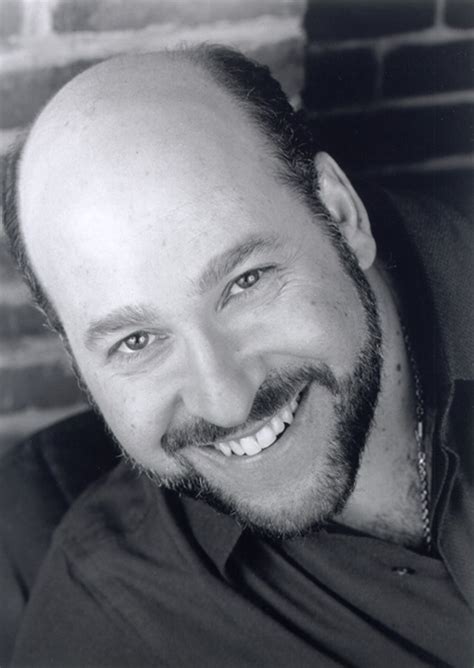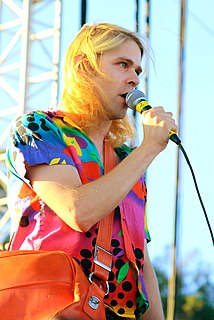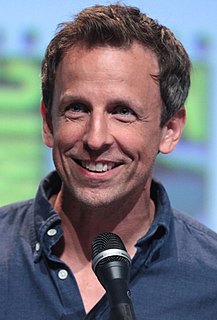A Quote by Jim Lee
From an artist's point of view, I always want to work with the writers I admire.
Related Quotes
[T]he more clamour we make about 'the women's point of view', the more we rub it into people that the women's point of view is different, and frankly I do not think it is -- at least in my job. The line I always want to take is, that there is the 'point of view' of the reasonably enlightened human brain, and that this is the aspect of the matter which I am best fitted to uphold.
The way we learn to write is the way we learn to talk: We listen to others and start mimicking speech, and that's how we come to become speakers. Writers you admire, you admire the way they plot, you admire the way they create a character, you admire the way they put a sentence together, those are the writers you should be reading.
I don't think that writers or painters or filmmakers function because they have something they particularly want to say. They have something that they feel. And they like the art form; they like words, or the smell of paint, or celluloid and photographic images and working with actors. I don't think that any genuine artist has ever been oriented by some didactic point of view, even if he thought he was.
Everybody you work with sees what you're doing from a different point of view, a very specific point of view. So, if someone is lighting, they're seeing it from that point of view. A production designer is seeing it from the placement of furniture that tells you about the character. Everything that goes into the room should tell you about the person who lives in that room.
Those titles, Executive Producer or actor, are unimportant. I always try to approach my role as an artist. The first thing you want to do, that you attempt to do as an artist, is to have some sort of input into the material that you are working on. That is how my process begins; I say to myself: "I want to do this kind of work or I want to do that kind of work."







































